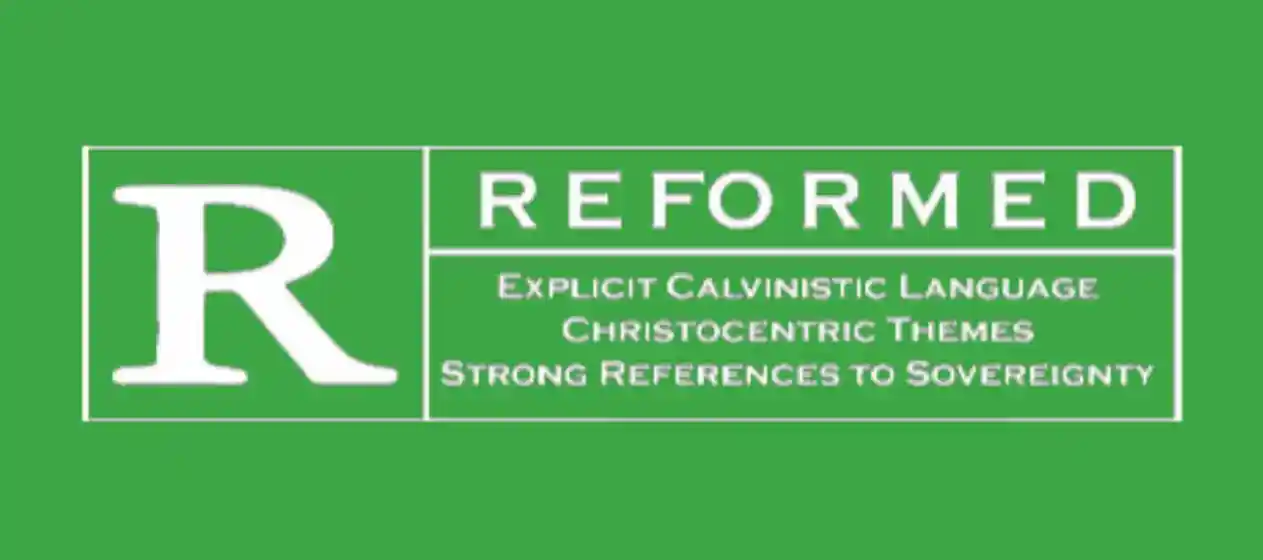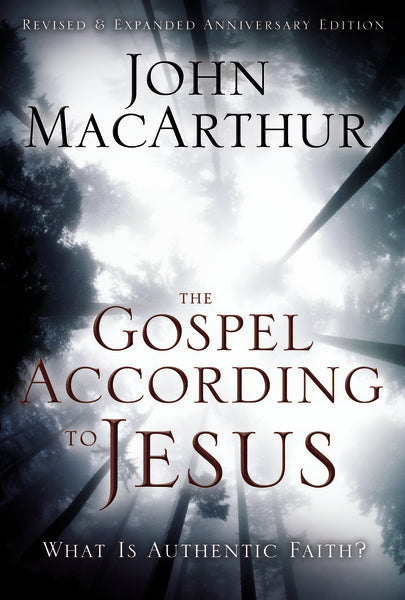Would Martin Luther Oppose Free Grace Theology?
Martin Luther is often associated with the Protestant Reformation and his emphasis on justification by faith alone. However, it’s important to note that the term “Free Grace Theology” as it is understood today might not directly apply to the theological context of Luther’s time. The term “Free Grace Theology” typically refers to a specific theological perspective within contemporary evangelicalism that emphasizes salvation as a free gift of God’s grace, received through faith alone, without requiring ongoing works for justification.
Luther’s focus on justification by faith aligns with some aspects of Free Grace Theology, but there might be nuanced differences in emphasis and interpretation. Luther emphasized that humans are justified (declared righteous) before God by faith alone, apart from their own works. He strongly opposed the prevailing medieval Catholic practice of indulgences and a salvation system based on human merit.
While Luther’s emphasis on grace and faith shares similarities with Free Grace Theology, there might be areas of distinction. Luther’s teachings also emphasized the transformative nature of faith, with good works naturally flowing from a heart transformed by God’s grace. This emphasis on the transformative effects of faith might align more closely with certain other theological perspectives within Protestantism.
It’s also worth noting that theological terminology and perspectives have evolved over time, and the specific nuances of Martin Luther’s views and how they relate to modern “Free Grace Theology” might vary based on interpretation. It’s always recommended to study primary sources and consult reputable scholars when considering historical theological positions.


